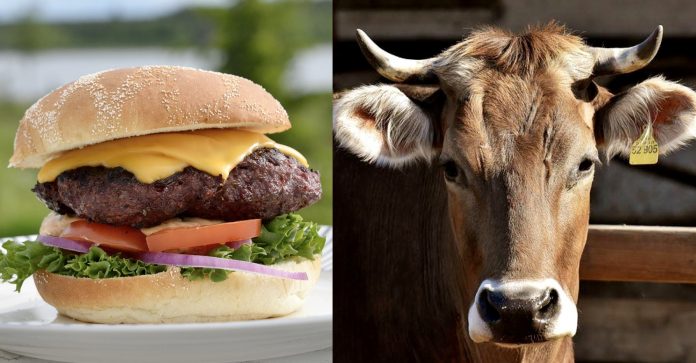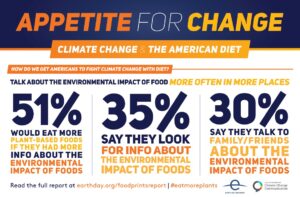
New Report Reveals That 70% Of Americans Rarely Discuss The Environmental Impact Of Their Food; This Must Change!
By Lauren Lewis
You can help all animals and our planet by choosing compassion on your plate and in your glass. #GoVeg
RELATED ARTICLES
10 Million Lambs Die Every Year In Australia For Global Wool Production
Spring has always been synonymous with birth, renewal, and growth; however, a recent report reveals that Australian lambs are dying at an astronomical rate.
The...
Undercover Investigation By Lady Freethinker Exposes Shocking Cruelty In Dog & Cat Meat Trade In Vietnam
Photos by Lady Freethinker
A new undercover investigation by animal protection group Lady Freethinker into the dog and cat meat trade in Hanoi, Vietnam, reveals...
$10,000 Reward Offered For Information On Bald Eagle Shot In Utah & Subsequently Euthanized
The Center for Biological Diversity announced a $10,000 reward last week for information leading to a conviction for the illegal shooting of a bald...
Popular stories
News
Victory! Sinaloa Becomes The Fifth State In Mexico To Ban Cruel & Archaic Bullfighting
Animal activists rejoice as the Congress of Sinaloa unanimously approved an initiative that bans bullfighting in the state, classifying it as animal cruelty.
Sinaloa now...
News
Breaking! New Report By Oceana Finds That Plastic Pollution Is Responsible For Entangling & Choking 1,800 Marine Animals In U.S. Waters
In a report released yesterday, Oceana reveals data on marine mammals and sea turtles becoming entangled and swallowing plastic off the coast of the United...
News
Confusing Court Decision Upholds California’s Foie Gras Ban But Will Allow Out Of State Purchases To Be Shipped To Customers In The State
California’s foie gras ban was upheld this week by U.S. Central District of California Court Judge Stephen V. Wilson, however, the caveat is that if the transaction takes...




